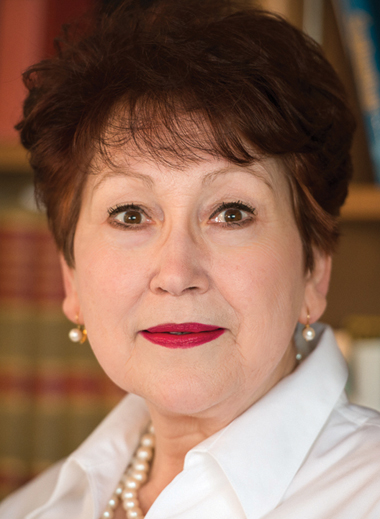 When I was exploring the history of American labor, I read about the life of an extraordinary woman, Pauline Newman, a union organizer. Pauline had an inauspicious start as a child worker. Upon arriving in America, her parents had Pauline placed in a hairbrush factory to work. To avoid detection for breaking child labor laws, the foremen would hide her and the other children in barrels when inspectors came on site. For Pauline hopes for a new beginning, to attend school and to study were dashed from a tender young age.
When I was exploring the history of American labor, I read about the life of an extraordinary woman, Pauline Newman, a union organizer. Pauline had an inauspicious start as a child worker. Upon arriving in America, her parents had Pauline placed in a hairbrush factory to work. To avoid detection for breaking child labor laws, the foremen would hide her and the other children in barrels when inspectors came on site. For Pauline hopes for a new beginning, to attend school and to study were dashed from a tender young age.
She continued to “slave “ in factories as she put it years later, but began a lifelong commitment at an early age to improve the lives of American workers. When she was still a teenager, she helped to organize women workers in what became the largest strike of 20,000 workers at that time in 1909. Pauline Newman was a Jewish immigrant who overcame the prejudices of the male dominated unions to be the first woman general organizer of the International Ladies Garment Workers Union (ILGW). She continued to work as a union organizer, legislative expert, factory worker and mentor for 70 years. Along the way she helped to advance workers’ lives by fighting for fair wages, job protection, healthcare and worker safety.
She and more union leaders including another Jewish immigrant, David Dubinsky, and their defenders helped immeasurably throughout many years to build a solid foundation for the rights of workers. During this Labor Day weekend we remember that this public holiday was created in 1894 to honor “the equality and dignity of labor.”
Instead of honoring American workers, though, recent U.S. Supreme Court rulings and a presidential executive order have acted against them. Many American workers are having their livelihoods wrecked. A steady weakening of unions has resulted in workers not receiving needed salary increases and benefits, rather making due by trying to “make ends meet” as recounted by one worker. Paychecks lag behind, not even growing 3 percent, while corporate profits have continued to increase by twice that number every year since the recession.
Self-serving deep pocket donors have managed to make sure that tax laws favor big business. Despite soaring corporate profits, in part due to the permanent tax cuts, employers whine that they are still short of workers but they stop at paying higher wages. They use unfair practices, too, to avoid hiring full-time workers by employing part-time and temporary help, which also don’t require offering benefit packages. Too many elected officials seem to forget that their responsibilities to American workers should surpass any agenda grounded in self-interest.
We have more low-wage workers than nearly every other major developed country. In our daily routines, we bring food into our kitchens like meats and vegetables, which are already cleaned, trimmed and wrapped in plastic ready to be cooked. These like many other daily comforts are made possible by nameless and faceless workers — workers at the mercy of corporate office decisions.
On Labor Day we celebrate the conscientious efforts of American workers. This public holiday also marks the final weeks before the mid-term elections. I can imagine how Pauline Newman would respond to the current disadvantages faced by employees. She would expect each of us to move forward with fresh energy to make deeply needed changes — in other words, by becoming activists. There are many options for taking concrete actions; go out and listen to the candidates first hand, find an organization to support, volunteer to go door to door to get out the vote, become a poll observer to ensure that eligible voters are allowed to cast their votes and most importantly, vote. We should vote for competent and energetic candidates who support the core values of our democracy, which include the means for success and prosperity for everyone. We can and must take firm actions to safeguard each other and our beloved country.
Mary Greenberg, Ph.D. serves on the State of Kansas Holocaust Commission. Her speaking engagements on preventing anti-Semitism, and the link between anti-Semitism and leadership are based on her research that advances the study of the Jewish people in the Diaspora.


